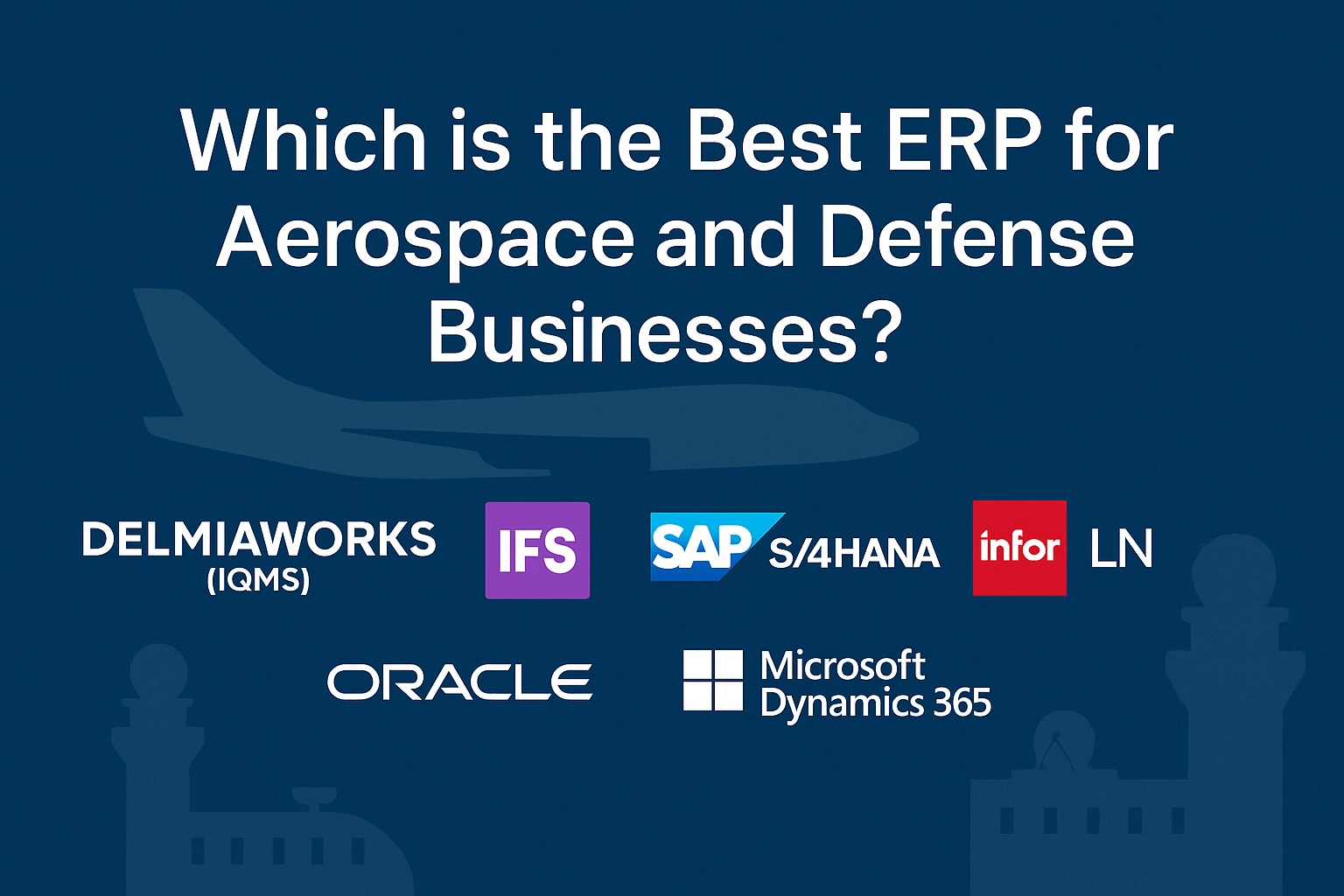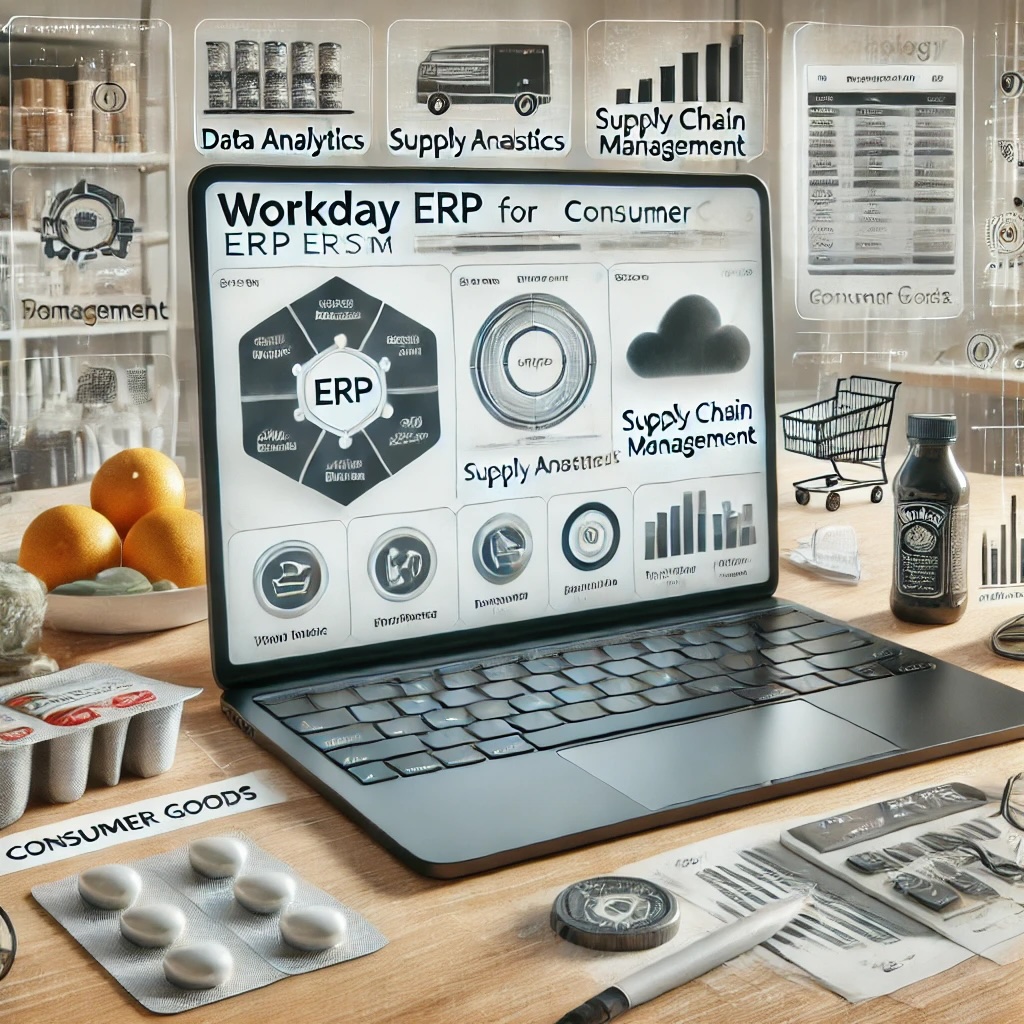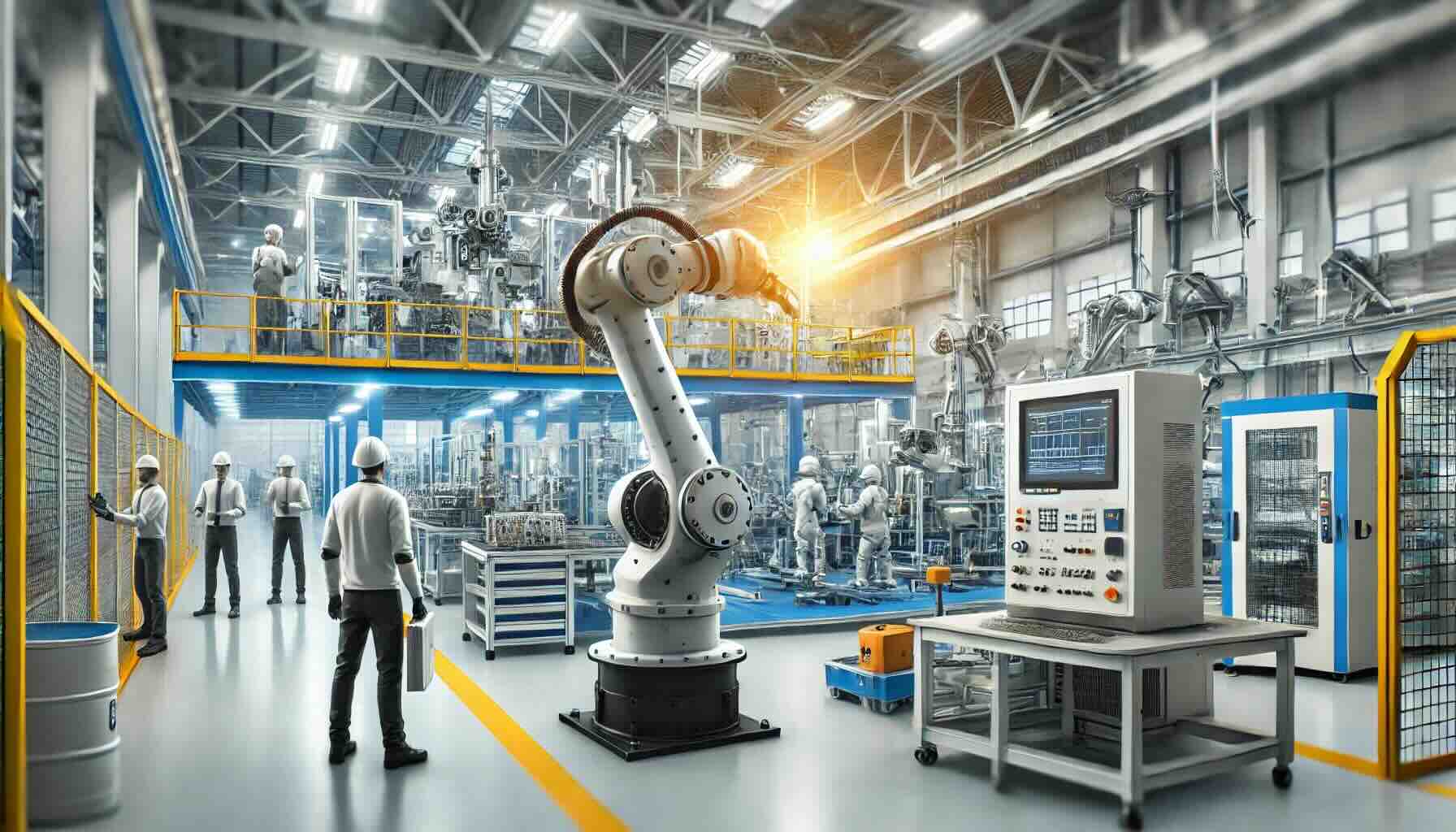Navigating the Top 10 Manufacturing ERP Solutions

In the ever-evolving landscape of manufacturing, staying ahead means embracing technology that not only keeps pace but also propels businesses forward. Enterprise Resource Planning (ERP) systems have become the backbone of modern manufacturing, offering a suite of integrated applications that manage core business processes in real-time. Choosing the right ERP solution is pivotal. With an array of options available, how do manufacturers sift through to find their ideal match? This blog delves into the top 10 manufacturing ERP solutions tailored for the industry, dissecting their strengths and weaknesses to aid in this crucial decision.
1. SAP S/4HANA
SAP S/4HANA stands out for its advanced analytics, real-time data processing, and extensive industry-specific functionalities. Ideal for large manufacturers, it offers scalability and a robust platform. However, the complexity of its deployment and higher costs may pose challenges for smaller enterprises. Despite the challenges, SAP S/4HANA is a clear leader in the top 10 manufacturing ERP options. Click this link to find out more about SAP S/4HANA for Manufacturing.
2. Microsoft Dynamics 365
A versatile contender, Microsoft Dynamics 365 excels in integrating with other Microsoft products, offering familiarity and ease of use. Its flexibility and cloud-based options make it a strong choice for a range of manufacturing sizes. However, customization can sometimes lead to increased costs and complexity. Click this link to find out more about Microsoft Dynamics for Manufacturing.
3. Oracle Cloud ERP
Oracle Cloud is known for its comprehensive suite of applications, strong cloud infrastructure, and deep analytics capabilities. It’s particularly well-suited for large-scale operations needing a global footprint. The downside includes a steep learning curve and potentially high implementation costs. Click this link to find out more about Oracle Cloud for Manufacturing.
4. Epicor
Epicor ERP is favored for its industry-specific capabilities, particularly in discrete manufacturing. It’s renowned for its user-friendly interface and customization options. However, smaller manufacturers might find the system a bit too extensive for their needs. Click this link to find out more about Epicor for Manufacturing.
5. IFS Cloud
IFS Cloud shines in its agility and ease of adaptation to specific industry requirements, particularly for process manufacturing. Its user experience is highly intuitive. However, smaller organizations might find it less cost-effective due to its comprehensive nature. Click this link to find out more about IFS Cloud for Manufacturing.
6. Plex
Plex Systems focuses on the needs of modern manufacturers, especially in terms of IoT integration and real-time monitoring. Ideal for manufacturers prioritizing shop floor control and quality management, but can be less suitable for those seeking extensive back-office features. Click this link to find out more about Plex for Manufacturing.
7. QAD
QAD offers solutions tailored to the unique requirements of manufacturing sub-sectors. Its adaptive architecture is a big draw, though the specialization can sometimes mean a narrower scope compared to more generalized ERP systems. Click this link to find out more about QAD for Manufacturing.
8. Syspro
Syspro is well-regarded for its focus on mid-sized manufacturers, offering a balance between functionality and ease of use. It stands out in customizable solutions for specific manufacturing processes. However, companies needing extensive integration with other enterprise systems might find limitations. Click this link to find out more about Syspro for Manufacturing.
9. Infor
Infor’s ERP solutions are designed with industry-specific capabilities, particularly strong in process manufacturing. Its modern interface and focus on user experience are pluses, but it can sometimes lag in integration with non-Infor products. Click this link to find out more about Infor for Manufacturing.
10. Acumatica
Acumatica is known for its flexibility, user-friendliness, and cloud-native approach, making it a good fit for small to mid-sized manufacturers. Its affordability is a key strength, though it may not have the depth required by larger, more complex manufacturing operations. Click this link to find out more about Acumatica for Manufacturing.
Conclusion: top 10 manufacturing ERP options
In conclusion, the choice of an ERP system in the manufacturing sector hinges on numerous factors, including the size of the business, specific industry needs, budget constraints, and long-term scalability. Each of the top ERP solutions offers a unique set of strengths and challenges. Manufacturers must weigh these carefully, considering their specific needs and growth plans, to select the system that will most effectively drive their business forward in this dynamic industry.
To compare these ERP solutions and many more, you can use our new AI-powered Compare ERP tool. It’s free to use and you get a guaranteed discount on your first year’s licence fees with a referral from Compare ERP.









